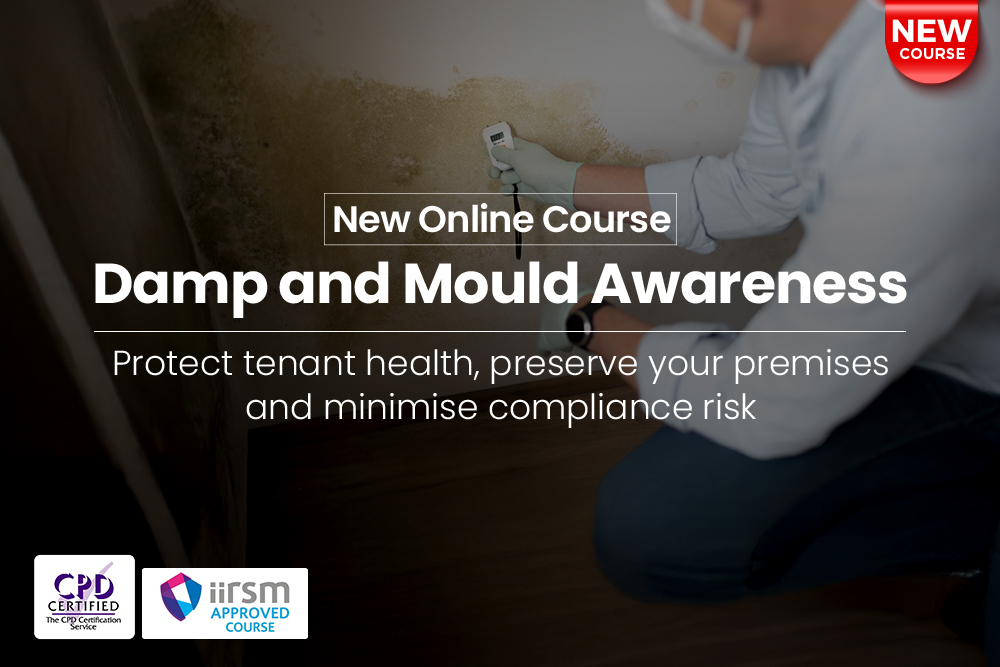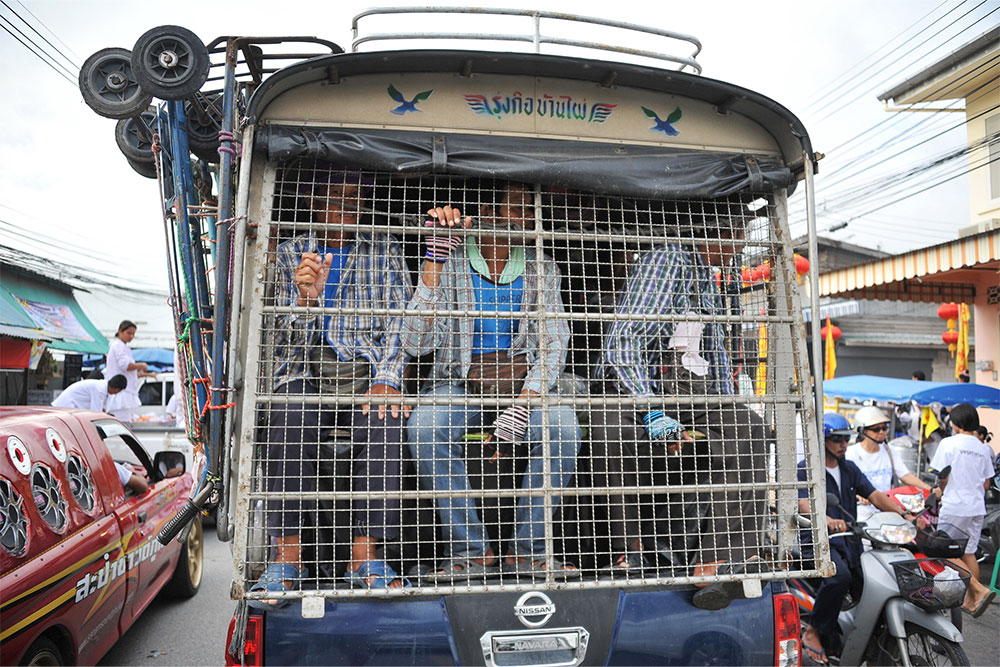
All employers are legally obliged to do their best to prevent accidents and ill-health from occurring in the first place. To assist in this process, it is the duty of all employees within an organisation to report any health and safety issues or concerns that they identify.
Front line workers are the only ones within an organisation that are able to see how health and safety arrangements are working in practice. So, any concern that is spotted, however large or small, is vital information that must be passed on.
Pro-active & Reactive Performance Measurement
Health and safety management systems should be proactive. This means that they are measuring the current situation with respect to accidents and ill health that might impact on future performance.
A workplace inspection that works through a health and safety checklist is one example of a way to proactively measure health and safety performance.
All employers are legally obliged to adopt this type of preventative approach, ensuring that they are taking effective steps.
However, it is impossible to remove all risk completely. Hazards and health and safety arrangements that are in place to control them change over time. Your safety concerns are vital to identifying when this happens.
Reactive performance measurement provides data on the outcomes of our actions. This includes accidents and disruptions, for example, the number of days without an incident and the actual number of incidents that have occurred.
Your Role
Sharing your concerns will help your employer with the reactive measurement process. So, if you do spot a problem, or are worried that something isn’t working as it should, it is essential to say something.
Remember that your managers and supervisors are expecting you to help them to identify when problems occur.
Moreover, as an employee you have, you have legal health and safety duties, which include identifying any dangers or problems with the arrangements that are in place.
Other Essential Areas to Report
Besides any concerns you have, there are several things that are essential to reporting. These include:
Near misses:
Near misses are incidents where nobody has been harmed but easily could have been.
Near misses provide vital information in helping employers learn lessons that prevent accidents from occurring. However, the only way that near misses can be reported is if all employees are on the lookout and report them when they occur.
Minor accidents:
These are incidents where minimal injury or damage to property occurs. These will typically be investigated by line managers or supervisors,
Serious or major accidents:
This is a significant event, which demands a response that is more than routine. These types of incidents have to be reported to enforcement authorities and will be investigated by health and safety specialists along with enforcement officers
Reporting to Your Concerns
The first step to take is to speak with your manager or supervisor. Your manager or supervisor is expected to take your concerns seriously. It is important to remember that this is about preventing future accidents and ill health, never about assigning blame.
Your manager or supervisor will be able to discuss the risk assessment and safety arrangements that are in place. Together, you may be able to visit the shop floor and conduct an inspection, documenting it formally with a health and safety compliance checklist. This will contribute to improving the controls as they are.
If, after speaking with your direct manager or supervisor, you do not feel that your concern was addressed, speak directly to your employer or the person in charge of health and safety within your organisation.
Written Reports
Your employer may have a system for submitting reports in writing regarding anything that concerns you or minor incidents such as near misses. These are vital information and should always be reported.
After submitting a report, you should get a response back outlining what actions were taken and why.
What to Do If an Accident Happens
As quickly as possible, the injured employee’s line manager must be notified, so that they can file the appropriate reports with the organisation and log the incident in the statutory accident book.
Reporting procedures are not all the same and every organisation has its own. In general, they are based on the severity of the accident or incident. For example, in a large company, fatal or severe accidents will go directly to senior management.
If it is necessary to report the accident or incident to the enforcing authority, then a person in a position of responsibility has the job of notifying the enforcing authority as quickly as possible, using the appropriate notification form.


























































































































































































































































































































































































































































































































































































































































































































































